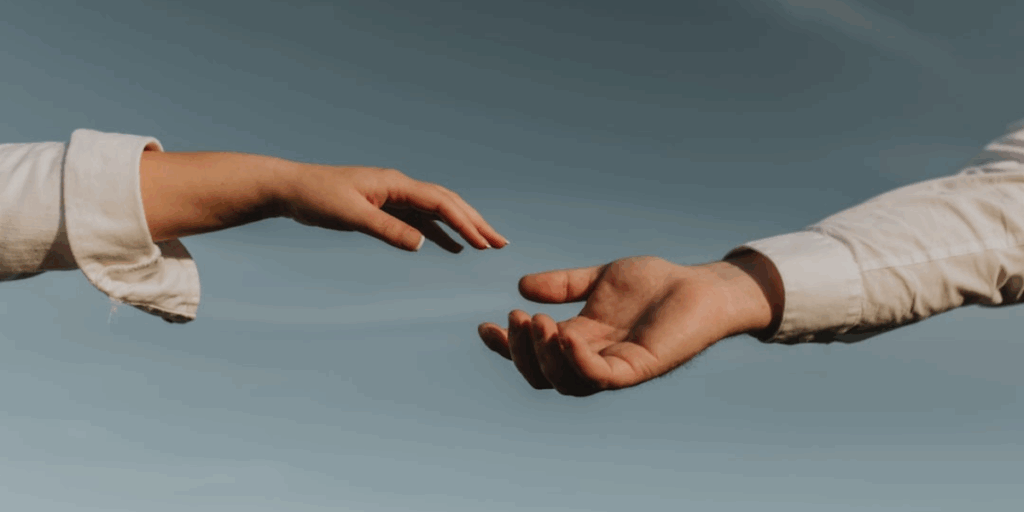How comparing trauma blocks healing.

“It could have been worse.”
This is one of the most common phrases I hear in my counseling practice in the early stages of therapy. It could have been worse.
It’s not like I __________
I wasn’t __________ or anything, but…
The victim of date rape notes they were not beaten unconscious; the victim who was notes it just happened once; the trafficking victim reflects that her pimp isn’t as bad as some she’s seen. The one who grew up in poverty points out she wasn’t homeless; the one who was found housing after only a year or didn’t live unhoused in a freezing climate. The child whose father repeatedly threatened to kill the whole family never laid hands on so was it really abuse? (yes.) No matter how horrible the experience, we have a tendency to find someone who’s had it worse.
This pattern of downward social comparison is driven by an instinct to soothe and reassure ourselves. It provides something to hold on to, a sense that all was not lost.
But this pattern can be a form of emotional bypassing, and it can keep you stuck. When you minimize your own experience, you don’t allow yourself to fully grieve what was lost. You deny yourself moving through of valid emotional reactions, and they become fixed. Your pain does not abate, because you are holding it too tightly to let it go. It remains heavy, because you do not allow another to help carry the load.
When I hear this phrase in my office, it is often accompanied by ambivalence about facing the trauma squarely and doing the hard, healing work. There’s a sense that I can hold this trauma; why do I deserve to heal when others might not? Downward social comparison can be rooted in awareness of deep systemic injustices, the inequality of access to therapy. It might also have darker roots in years of having your pain gaslit and minimized while growing up, of being told to stop crying, of being told your dislike of lima beans was unimportant because there are starving kids in Africa. The takeaway: your pain is only valid if it’s the worst pain imaginable.
And I will gently challenge this every time.
How does holding on to your pain help anyone else? How does it alleviate the suffering of one who was hurt in different ways to shield your own from healing, to erect a fence around it rather than let it go?
You deserve to heal. The weight of the world’s suffering is not yours to carry. Your job is only, or at least first, to free yourself.
And imagine the ripple effects of that healing. How might a healed you create waves of gentleness around you?
Downward social comparison can also result from fear: fear that others will dismiss or minimize your pain. Fear that you will be rejected, even from therapy, for not being deserving enough of help or healing. Fear that you are an imposter and it really is weakness, rather than wounding, that keeps you stuck. And so you say the feared words first. Get it out there so your therapist or others won’t dismiss you first, won’t label you a drama queen, won’t scoff at your tender wounds.
It’s the truth of the pain that underscores its minimization.
The very rawness, the sensitivity and intensity of the pain sends out these aloof messengers to test the waters, to protect the vulnerability. To keep you safe.
My friends, no matter the details of your hurt, its existence is enough to justify attention, healing, and care. It does not have to be the worst pain anyone has ever heard of, or even the worst trauma you have encountered in your own circles. Own the sorrow of your story. Validate the depths of your personal trauma or loss. And yes, you may find gratitude for the parts that softened your experience, small mercies that protected parts of you. Allow yourself to face it all so that you can begin to let it go, to let it heal. You don’t have to carry this alone.
You deserve to heal.
